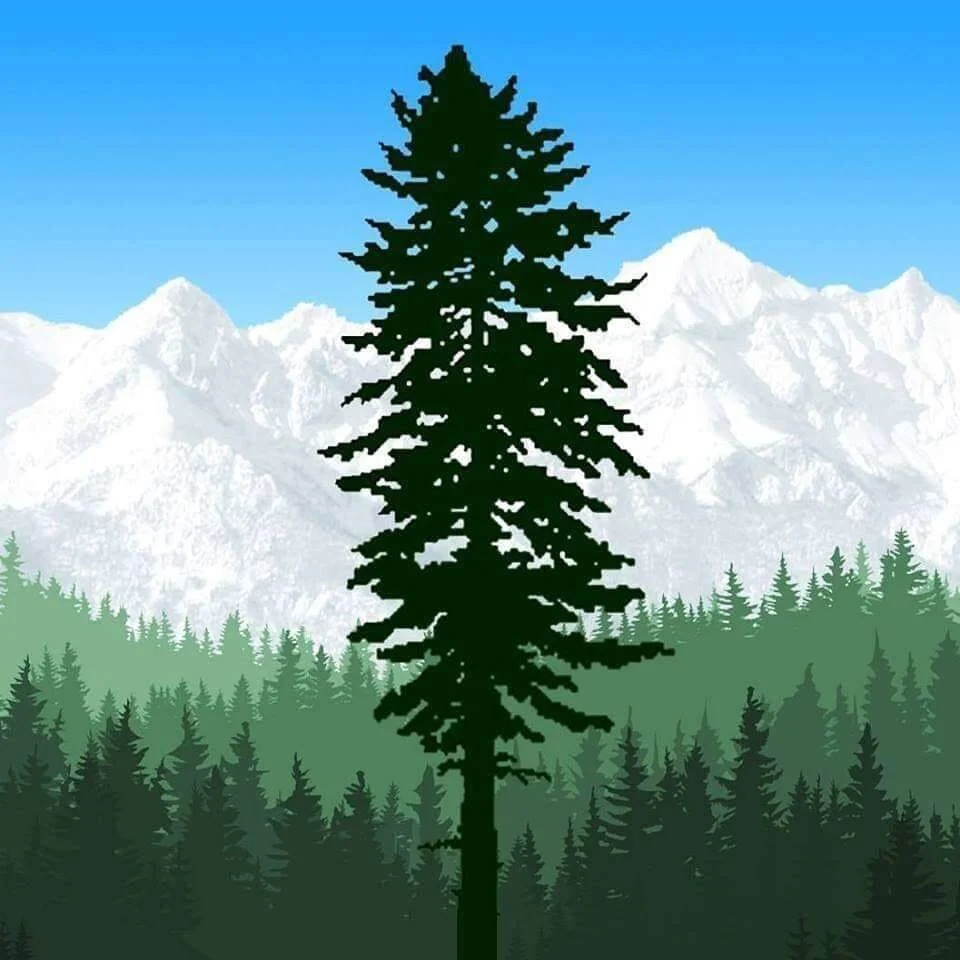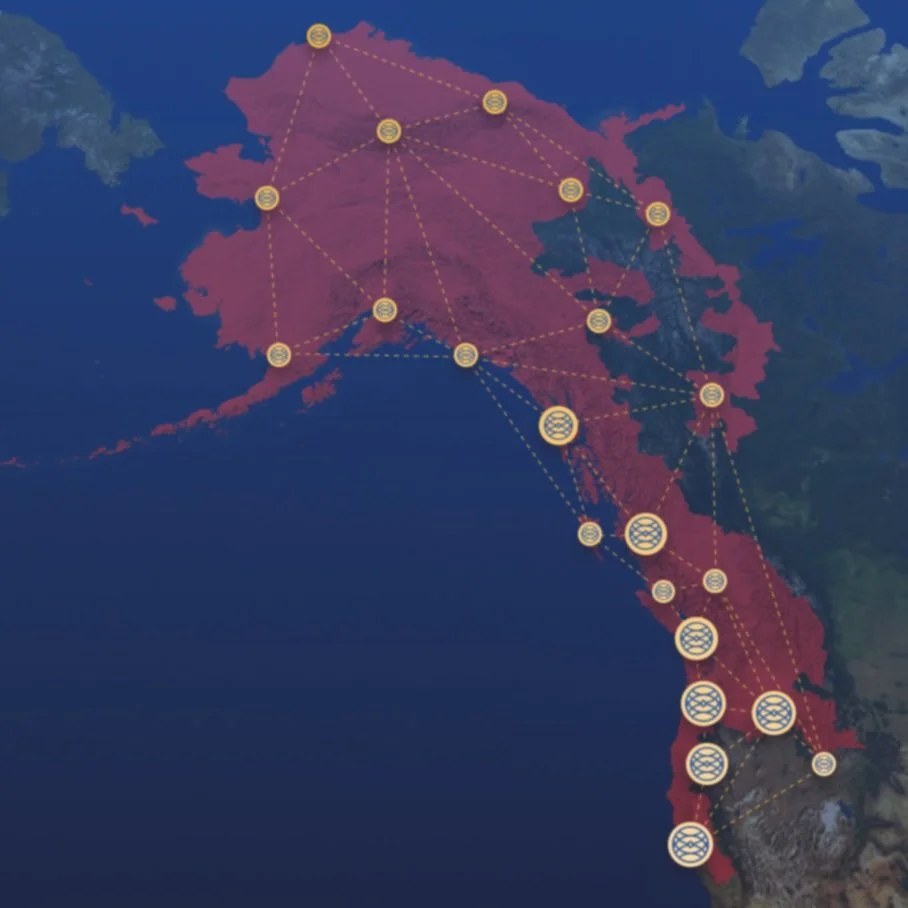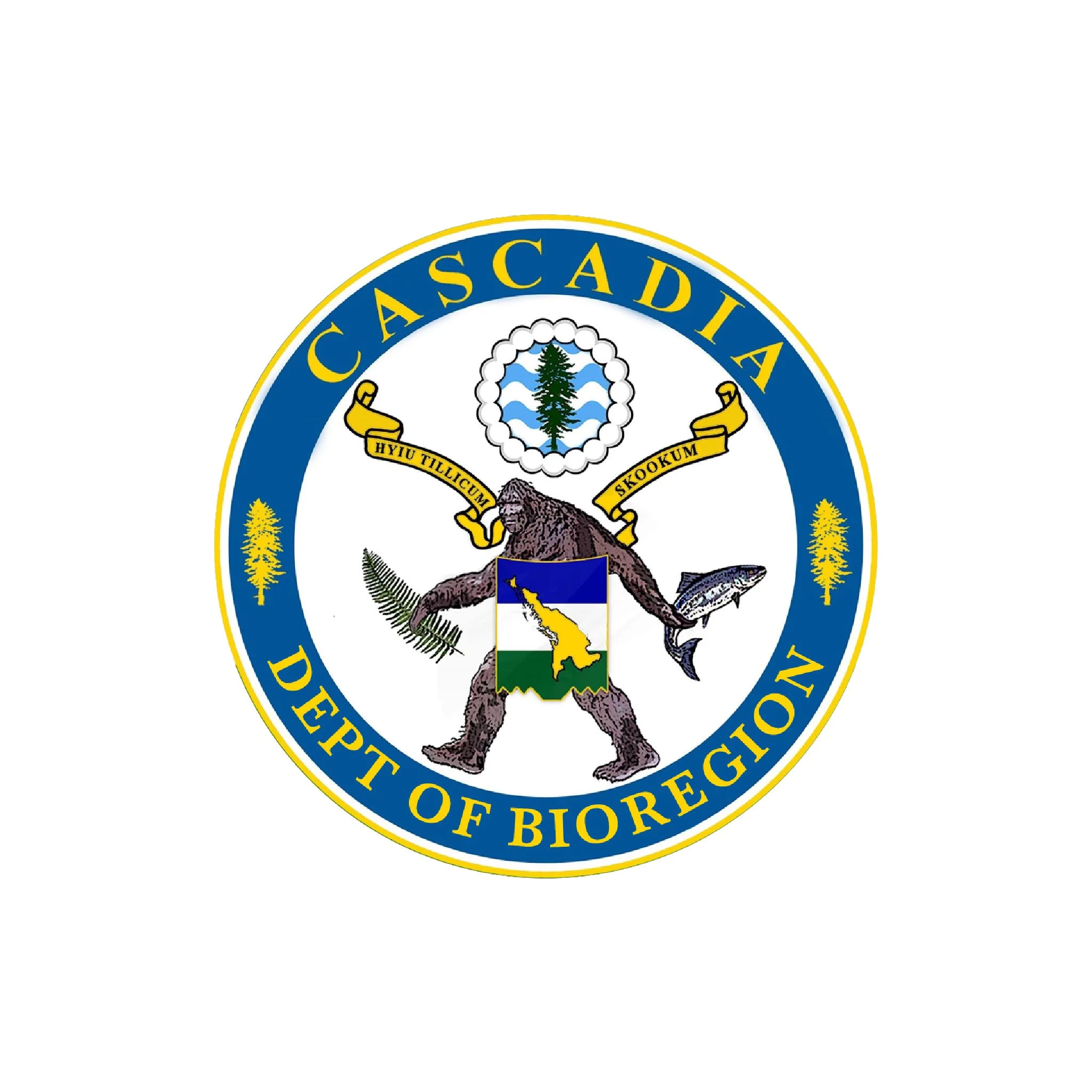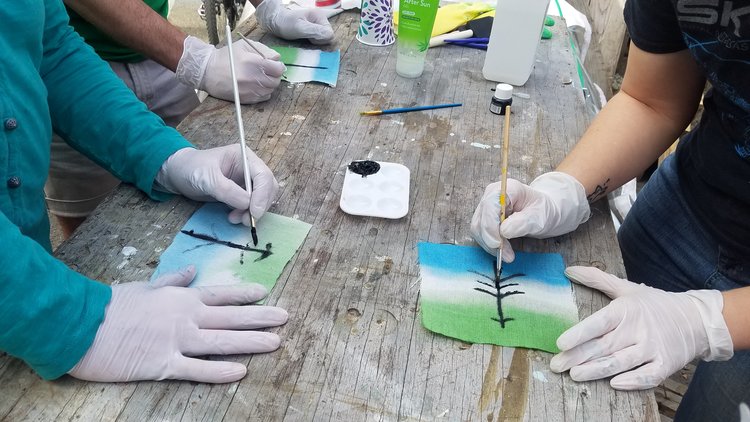Towards 2020
Fulfilling our Vision
As our first year of work with the Department of Bioregion comes to a close, a time to reflect and focus arises. Our weekly meetings in Seattle have grown in attendance and scope. From them, many activities and projects have taken place around the bioregion. This year we've hosted a fun run, presented at Cascadia Convergence, made a splash in the Seattle Pride parade anchored by the Cascadia Bus, had a handicraft focused Cascadia Day, hosted Camp Cascadia in the Willapa Hills and had our Cascadian Passport Station pop up around the bioregion. All of this has only been possible because of the dedicated work and enthusiastic volunteerism of you our Diplomats. Cascadian visibility has certainly increased due to all of your efforts, and for this, the sincerest of Thank Yous!
Looking forward, we're optimistic about continuing to grow the Department of Bioregion and the Diplomatic Corps. A meet up the first week of this month in Eugene mobilised a local group of Cascadians there, while contacts in Corvallis and Everett indicate meetings there are forthcoming. We've created some wonderful foundational documents and systems that will help us remain organized as we grow. Perhaps most importantly, our group projects have become more focused around the question "If 10,000 people wished to join our movement tomorrow, how can we be ready?"
It is with that question in our minds that we go into the coming decade. While we can't predict what the coming year and future will bring, we know some of the challenges facing Cascadia, and can prepare to face them with confidence. A general election in the U.S. will doubtlessly have profound effects on public sentiment and offers us an opportunity to highlight how, regardless of the outcome, Cascadia offers a pathway forward with greater democracy, decentralized power structures and a decolonizing spirit. Meanwhile, the advancing threat of a pipeline across British Cascadia threatening our waterways, ecosystem and overrunning indigenous sovereignty creates a rallying cry to protect all of the principles that define Cascadia and all of the life here.
Facing these adversities and opportunities, is what the Department of Bioregion is all about. With a positive message rooted in our love of place, unity through community and a desire to ensure a better future for all life in Cascadia, I look forward to continue building this movement with all of you.
Tolo tillikum, and Rise Cascadia Rise!
“Rise, Cascadia, rise. Protect our waters and skies. Rise, Cascadia, rise. Salmon and orca, cedar and fir. Rise, Cascadia, rise. Crows and otters, sons and daughters. Rise, Cascadia, rise.”
New Diplomat
Claudia Esplugas Masvidal





























